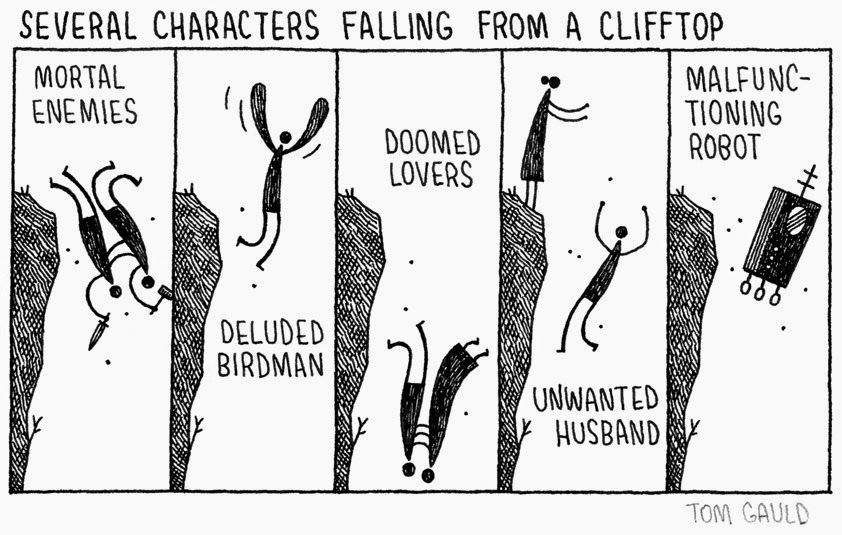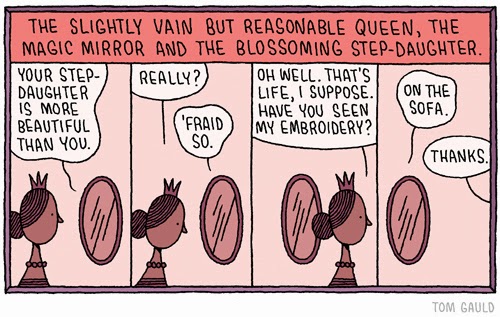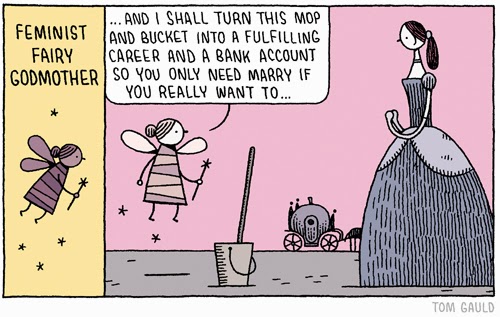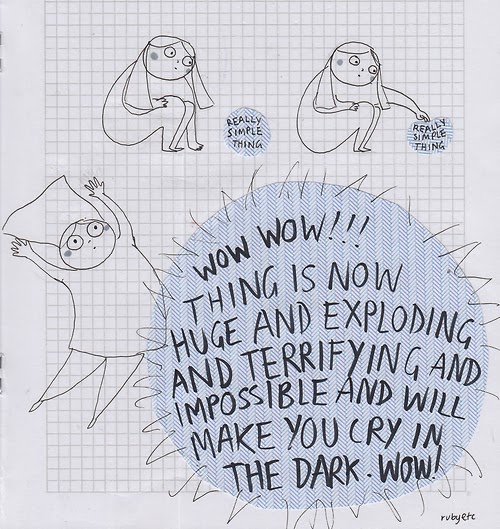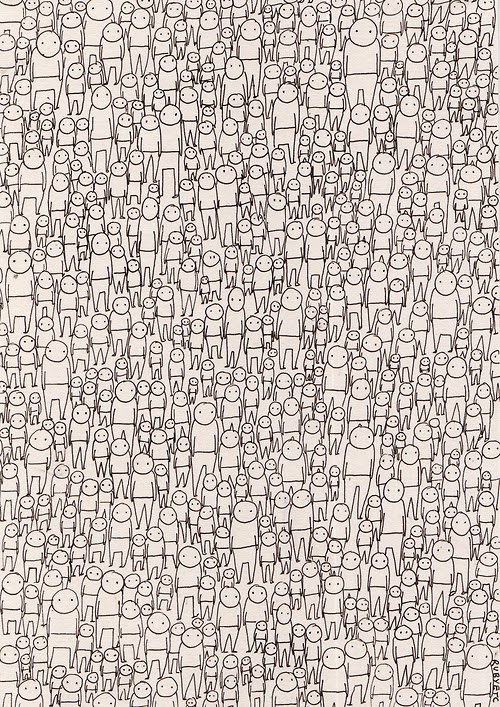
goal phobia [/ɡəʊl/ /ˈfəʊbɪə/]: An act of avoiding goals like the plague because they’re scary and useless.
I’m also perfectionist which is awesome and great!
Err. I’m also a procrastinator which doesn’t make for a good combination with perfectionism. (It takes me hours to do what you can probably do in a half).
Oh, and that’s not all because I’m also passionate which means that if I’m motivated enough, I can read a book in under 4 hours.
As all of that is relative, what you can take away is that goals don’t always help you in not losing focus. Or maybe that’s just me because I’m usually all ‘in your multiple faces, goals.’
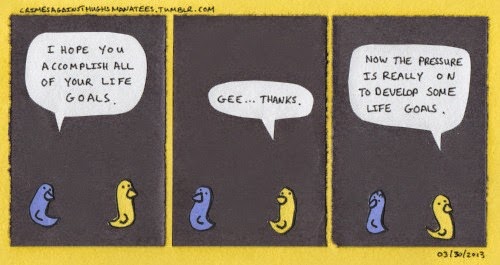 |
| The yellow bird knows stuff. (Source) |
Step One is Easy
Setting goals for yourself is the easiest part; staying focused and wanting to achieve said goals doesn’t come so easily. Especially when you’re known for your impulsiveness like I am.
Back in 2014, I was foolish and crazy (I’m still foolish and crazy, it’s just a different year so bear with me) when I wrote down ten bookish goals. Naturally, I failed in accomplishing all of them. It’s a real glass half full or half empty situation going on here.
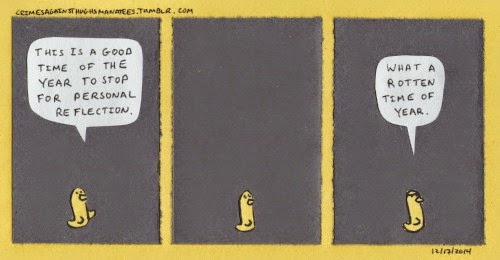 |
| That’s what I’ve been saying! (Source) |
Let’s focus on the fact that I’ve been wanting to read 100 books in a year since 2011 or so but I keep failing because that’s just how I roll. 2015 is the year that I’m finally not aiming for 100 in the back of my mind. I’m going for 75 and I’m sticking to that number and I might just fail again.
(Despite just proclaiming that I’m a goal-phobic).
Obviously, I’m not a goal-oriented person that I once aspired to be. It’s just that I like to push myself in at least one aspect of life. With goals. Ew.
You see, that’s the problem. Right now, I’m pretty positive about finishing series because I managed to finish five last year. I’m clearly one of those people who rely on their past accomplishments for the likelihood of future success. Yet when I set an actual goal of let’s say finishing ten series, you’re damn right I’ll fail. And fail so hard because I can’t handle quantification.
Tending Towards Failure
Every year in January, the one thing I get really, really excited about is setting up my Goodreads challenge (and anticipating what color it’ll be because that’s important). In other aspects of my life, I’m mostly with this squirrel.
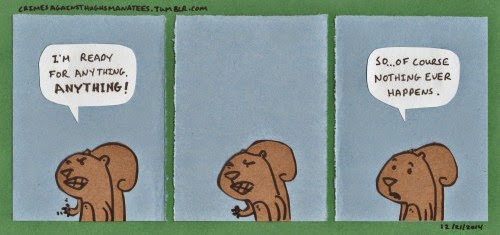 |
| I feel ya, squirrel. (Source) |
But then time passes and I go from feeling giddy over the feeling that I’d be able to accomplish my goals to procrastinating and losing all the patience and the passion I had for the goal. I end up feeling irked at myself and that’s no fun. It’s like I’m the squirrel again.
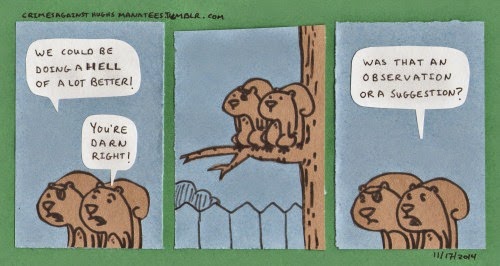 |
| Both, but don’t pay attention to that. (Source) |
However, as the year closes in, I remember all the things I set out to do and go about trying to achieve them in the time frame that I originally went for. And let me tell you this, that never works because procrastination is better.
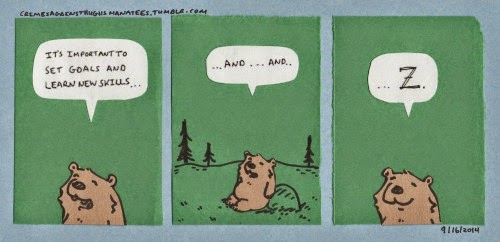 |
| And sleeping. Never forget that. (Source) |
Shaking it Off
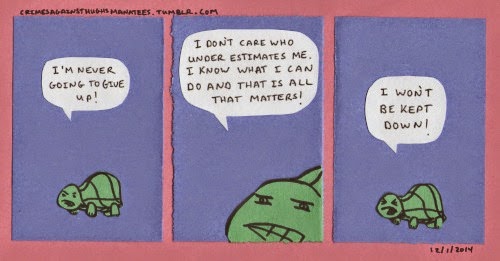 |
| Shut it, turtle. (Source) |
So yes, ideally I’d like to cut goal phobia in half, before it cuts me in half. But I guess I’m still learning.
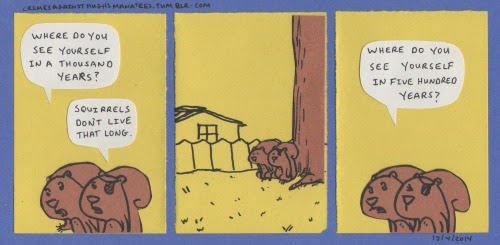 |
| Encore. (Source) |

















